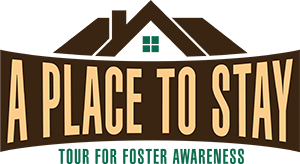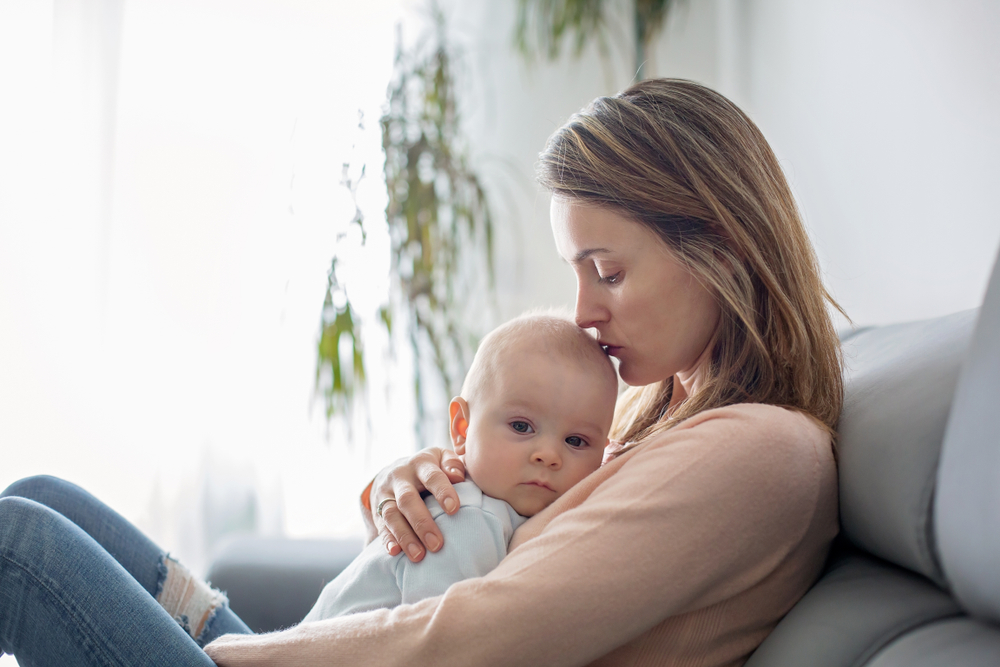Foster care is a journey that sends many people on a rollercoaster of emotions. Though we know that there are so many advantages and that the experience is extremely rewarding for both the children and the parents, most people still experience fear and doubt. Today we cover a couple of the most common fears future and current foster parents experience, and ways to better understand, accept and cope with them.
What If I Get Too Attached?
This is one of the biggest questions when it comes to foster care. A lot of times, it can even stop people from becoming foster parents in the first place. They allow the fear of their own heartbreak to outweigh the needs these kids have- like care, love and the support of a family. Even if you don’t go into foster care with the intention to adopt a child, knowing that they could leave unexpectedly at any time is unsettling.
Unfortunately, there’s not exactly a solution to this issue. If you spend any amount of time caring for a foster child, you will become attached and eventually they’ll need to leave your home. Our biggest tip in this situation is to try your best to remain selfless and put the child’s emotions and needs before your own. There are so many children out there going through tough times that need love, care and a place to stay. Put them first.
What If The Child Forgets Me?
Many kids in foster care travel from home to home, and go through many different placements during their time in the system. Even if you only have a foster child for a short time, you will have made a tremendous impact on their lives. It’s important to understand that- whether or not the child is old enough to recognize it or express it to you.
While a child is in your home, work on creating a keepsake for them to take when they leave. A great idea is to put together a book with pictures of the child from different ages, as well pictures of their birth parents, you and your family, and any other important things they’d remember fondly. This will serve as a great reminder of their past and all the people who cared for them- something that they can look back on and cherish forever.
There will always be “what ifs” and doubts in life- it’s part of being human. We encourage you to acknowledge your fears, but not to let them control you. God is always with you and will provide you with the answers we can’t yet see or understand. Instead of focusing on the possible fears in your foster care- focus on providing and caring for your child in the best way you can.

